Are you ready to embrace the most intense solar term in autumn?
That’s Chushu—the solar term that brings with it an inherent "heat"
These days, Hangzhou's temperature is the best explanation for it
But don't let your guard down
The "Autumn Tiger" is after you
How can we make both our body and mind more comfortable?
Solar Terms and the Universe is here on time!
Solar Terms and the Universe is a special video series jointly produced by Hangzhoufeel, the International Education School of Zhejiang Chinese Medical University, and the International Relations Office of ZCMU.
Why is Chushu so hot? Cameroonian student Vaniresse Dongmo M. was shocked by the temperature in Hangzhou. Back in her hometown, she has never experienced such humid, hot, and sticky weather with sudden thunderstorms. Fortunately, she is studying traditional Chinese medicine (TCM) and is gradually learning various TCM methods to nurse her health. After talking with her teacher, Wang Ying, Director of the International Relations Office of ZCMU, she gained even more in terms of balancing her body and mind.
It remains hot during Chushu
Because we’ve got the “Autumn Tiger”
The character "处" in Chushu means “to stop.” The solar term “Chushu” indicates that the heat is beginning to subside and retreat. After the intense Yang energy has ripened all things, it naturally recedes, and the Yin energy begins to rise. As mentioned in the Yuan Dynasty’s Twenty-four Solar Term, ‘处’ is to stop, and the heat stops here." Therefore, the Chushu solar term signifies that we have entered autumn in a meteorological sense.
Although it is autumn already, the character “heat” remains in this solar term. So, despite the hottest period of the summer, known as Sanfu, is about to end, the intense heat of the “Autumn Tiger” , or Indian summer, follows closely behind.
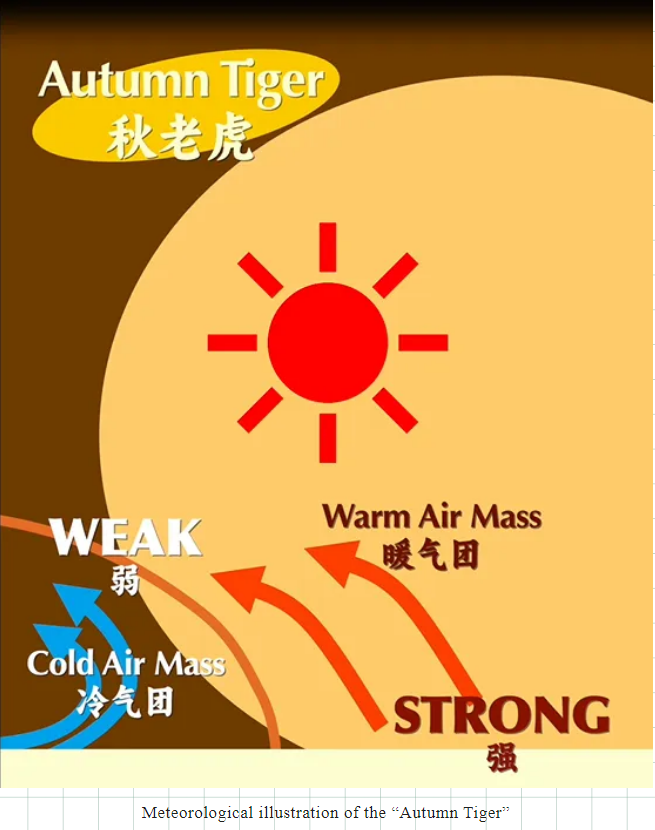
When it comes to Hangzhou, a city in southeastern China, we will be able to experience cool and refreshing autumn weather only after the “Autumn Tiger” ends. This is why Su Jiong, a Song Dynasty poet, wrote in his poem, “The new coolness is worth a fortune in the days after Chushu.” It seems that regardless of the era, everyone eagerly awaits the arrival of a cool autumn!
When it comes to Hangzhou, a city in southeastern China, we will be able to experience cool and refreshing autumn weather only after the “Autumn Tiger” ends. This is why Su Jiong, a Song Dynasty poet, wrote in his poem, “The new coolness is worth a fortune in the days after Chushu.” It seems that regardless of the era, everyone eagerly awaits the arrival of a cool autumn!
Feeling autumn fatigue?
These methods to combat fatigue are worth trying
Chinese people often mention different types of fatigue, as “spring fatigue, autumn lethargy, and summer drowsiness”, as if each season brings a bit of tiredness! Have you been feeling autumn lethargy lately?
Why do we feel tired in autumn? During this season, the human body gradually enters a period of rest and recovery, and it inclines to feel fatigue. How to continue studying and working when feeling exhausted in this season? This video introduces some effective methods.

When it comes to regulating the spleen and stomach, dietary therapy is the first recommendation. When autumn dryness and heat are strong, mung bean soup is an excellent choice. Many old Hangzhou residents keep a large enamel bowl in their fridge, often filled with a big bowl of mung bean soup. Drinking a big gulp will make you feel comfortable and refreshed. And it seems that all the heat disappears.
In addition, you can try lotus seed and lily bulb soup. The history of this traditional Chinese sweet soup can trace back to the Tang Dynasty. Lotus seeds and lily bulbs are renowned for their effects in clearing the heart and relieving heat, and are also knownfor nourishing Yin and moistening the lungs. West Lake in Hangzhou is rich in lotus seeds, so this soup is also a favorite among Hangzhou residents.
When strolling around West Lake, you can also drink a cup of herbal tea to relieve heat and fatigue. The free herbal tea stalls around the West Lake Scenic Spot are all open, with 10 permanent locations and 3 temporary spots located in parking lots, staying operational until Oct 7th. When sipping the herbal tea, you are encouraged to bring your own cup for environmental protection.

(Acupoint references and medical principles are partially referenced from the Health Times)
Journalist: Wang Jiao
Intern: Wang Cheng
Photo by Ding Shiyu
Editor: Fang Jingyi
Senior editor: Zhou Ji
Source: Hangzhoufeel








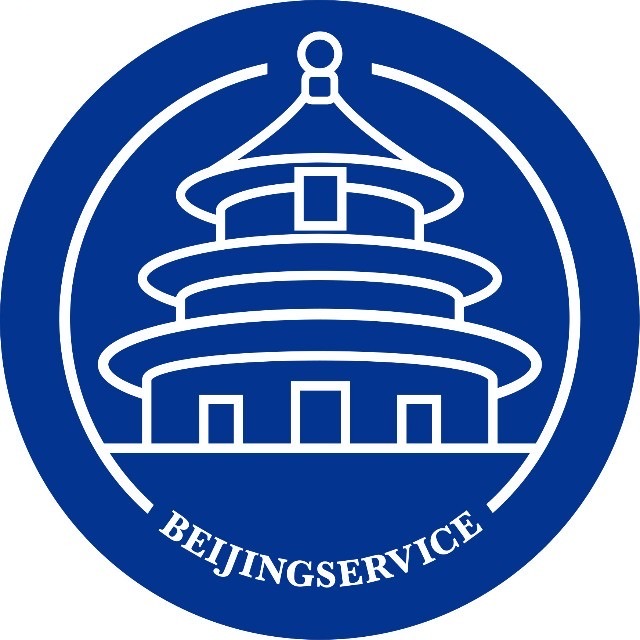
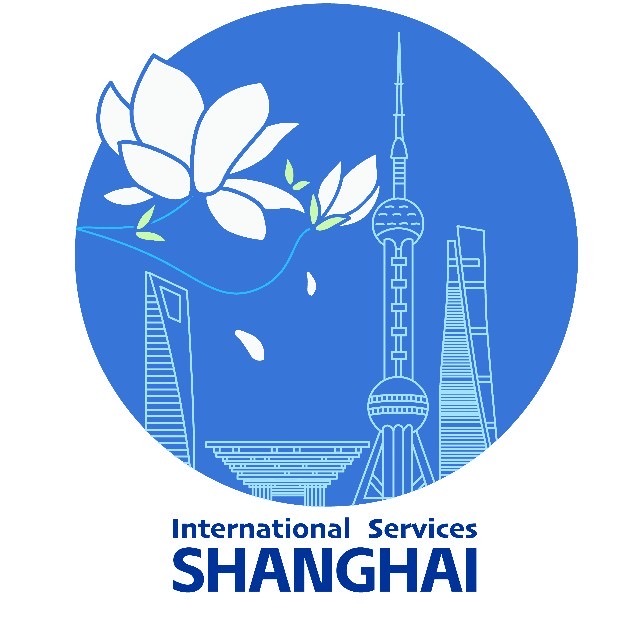




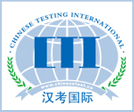
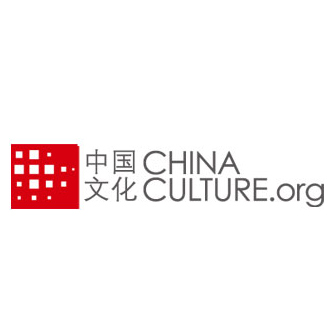
 京公网安备
京公网安备